The Spy Who Loved Me is considered to be one of the best James Bond movies of all time, with Roger Moore giving one of his best performances as 007. With that being said, fans of the novels are aware that the film is nothing like the novel it's based on.
Ian Fleming's most controversial novel by far, The Spy Who Loved Me was not only hated by fans, but Fleming wasn't a fan of it either. There are a lot of reasons that the plot of the book was axed in favor of Bond's aquatic adventure. In short, it's a miracle!
10 It Was A Writing Experiment
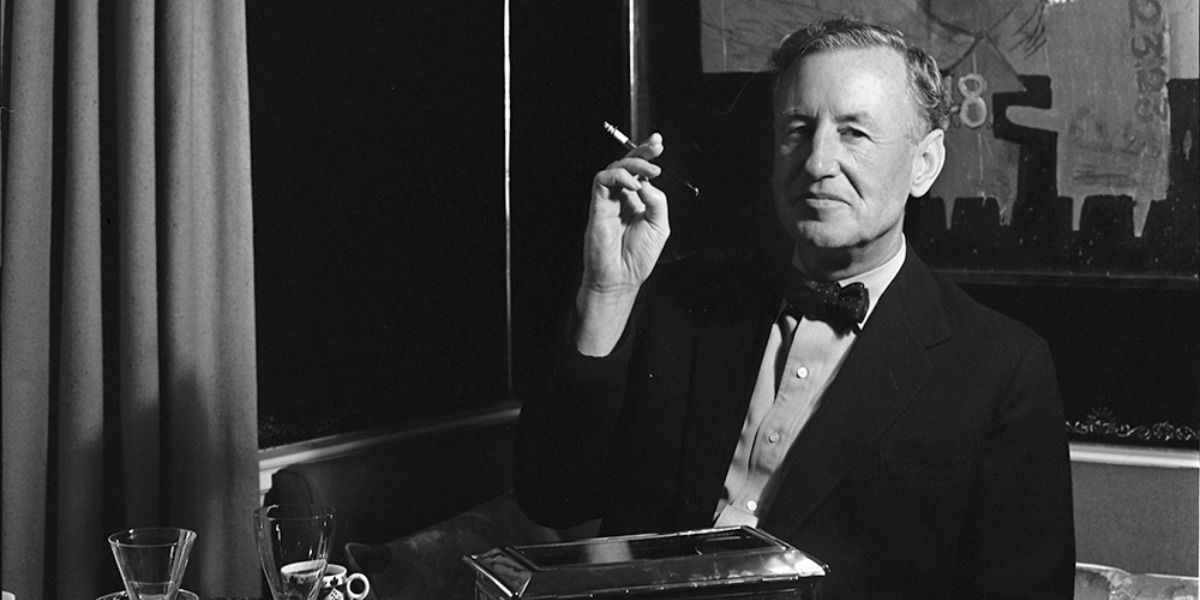
As shown in Calvin Dyson's excellent video breaking down the novel, The Spy Who Loved Me has a lot of problems, but it was written with a somewhat interesting goal in mind. Ian Fleming was very aggrieved that young people were starting to look at James Bond as a hero, so he wished to remedy that.
Fleming took it upon himself to prove that James Bond was actually a highly dangerous man, which is a goal that ultimately backfired. If someone were to read the novel, they'd find that Bond is the only man who isn't reprehensible in the story.
9 James Bond's Presence Is Minimal

Roger Moore's James Bond is the main character in the film version of The Spy Who Loved Me, with the charming actor's screen presence making him one of the highlights of the film. So if a fan was looking for the same kind of Bond presence in the novel, they'd be disappointed.
Not only is the novel's Bond nothing like Roger Moore's, but Her Majesty's favorite agent is barely in the novel. Much like the shark in Jaws, he only really shows up in the final act, with the reader following a different character.
8 The Heroine

The novel follows Vivian Michel, a young Canadian woman who is motorcycling across North America, but is now the caretaker of a hotel in northeastern New York. If someone read that premise and said "Huh, that doesn't sound like a James Bond story..." they'd be right.
Viv has a bad history with men, with the two men she'd been in a relationship with prior being deplorable in a way that feels a bit too realistic. It is actually interesting that Fleming chose to follow a woman as the main character despite the fact that he was never really good at writing them.
7 The Story Takes Place In A Single Hotel

James Bond is usually a jet-setter. Often his adventures take him to exotic locations across the planet, with the novels being no exception to this rule. So it may come as a surprise to find that The Spy Who Loved Me takes place in only one location.
The novel takes place in The Dreamy Pines Motor Court, a hotel located in The Adirondack Mountains in New York. It's very Hitchcockian in a way, as The Master of Suspense enjoyed setting his films in one location, but Fleming doesn't capture the same aura.
6 The Villains
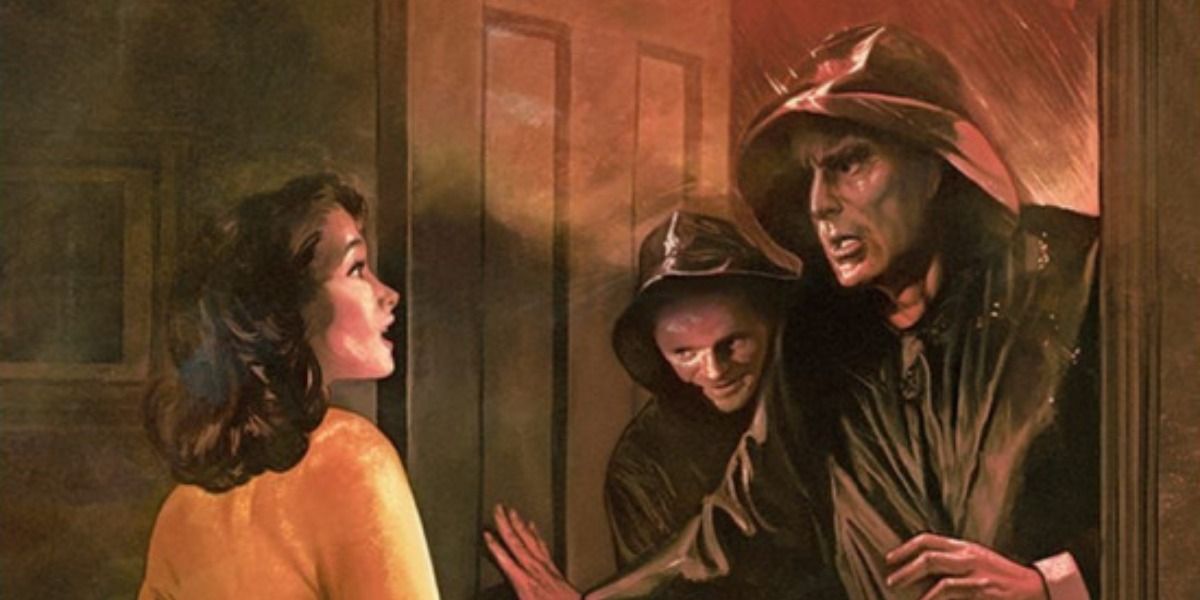
Stromberg from the film is your run-of-the-mill Bond villain, with the character being among the more forgettable baddies in the Bond lexicon. Meanwhile, the novel doesn't have a traditional villain, instead two thugs working for a fairly small-scale cretin.
The villains, Sluggsy and Horror, are mobsters employed by Mr. Sanguinetti, the owner of the hotel, who wishes to burn the hotel to the ground to gain the insurance money. Sluggsy and Horror are utterly cartoonish, which clashes with their cruel actions towards Viv.
5 A Mean-Spirited Tone
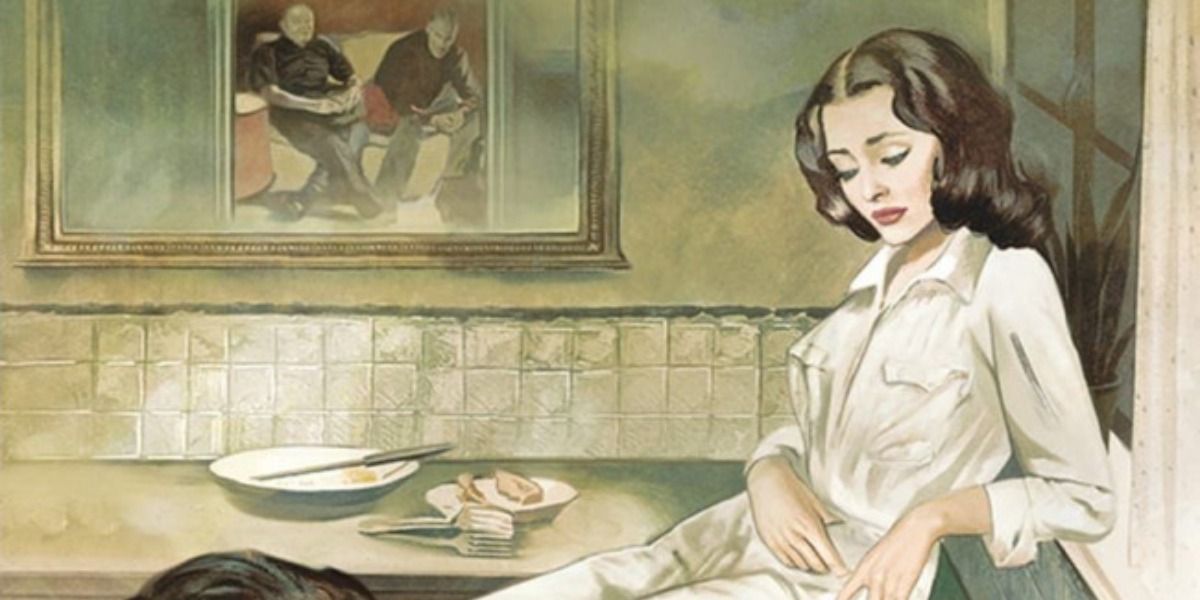
The Spy Who Loved Me feels more gritty and real than most James Bond stories, but that comes at a rather steep cost. The tone of the novel is rather mean-spirited, with its contents making the reader uncomfortable and miserable by the end.
The novel is particularly cruel to Viv, as not only is her past sordid, but she is attacked and nearly raped by Sluggsy and Horror. The only two people who show her any real tenderness are Bond and a policeman at the end, but both are fleeting encounters.
4 The Ending

By the end of the novel, Sluggsy and Horror are killed and Viv sleeps with Bond. She awakens the next morning to find Bond gone, but he left a note with an encouraging message. The police arrive, having been called by Bond, with one cop telling Viv she should be wary of people like 007.
The denouement sees Viv ride away from the hotel, with her mind still fixated on "the spy who loved her." The ending is certainly a reprieve from the horrifying preamble, but no one could argue that it's a wholly satisfying one.
3 Viv's Appalling Line
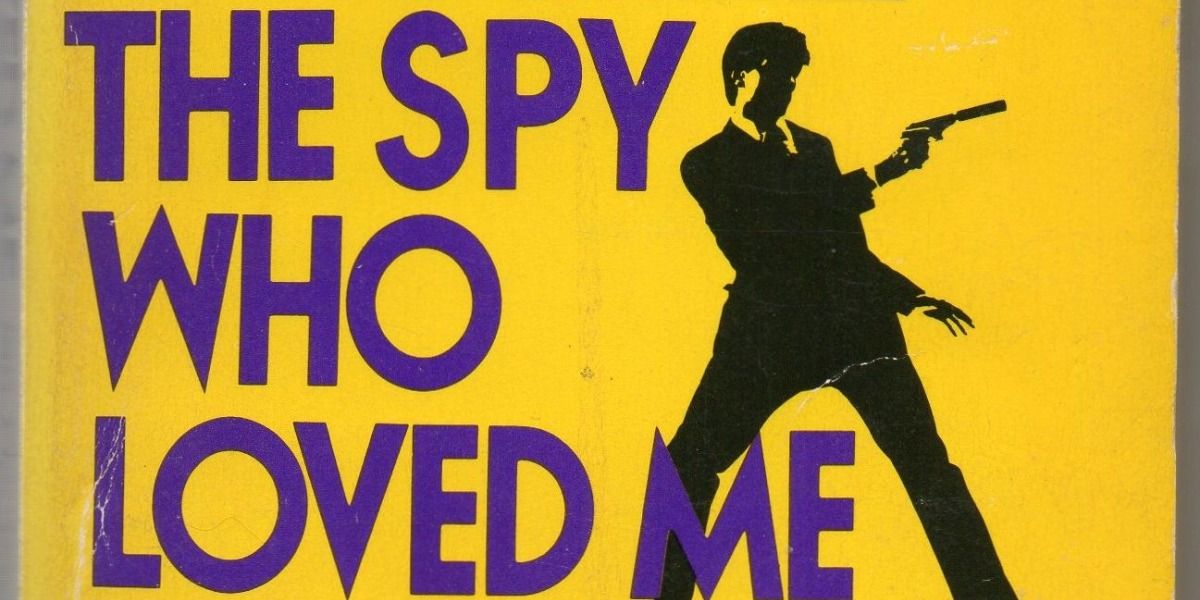
Not only are the politics on display in The Spy Who Loved Me outdated now, but they weren't particularly current in 1962 either. While Viv is resistant against the forces that plot against her, she says something that was absolutely appalling.
That line is "All women love semi-rape." It's a line that not only shows that Fleming had absolutely no understanding of women, but also how inappropriate his views were, with the line being particularly disgusting in the wake of the #MeToo movement.
2 Ian Fleming Wouldn't Allow It To Be Adapted

As Ian Fleming put it in a letter to his editor "...the experiment has obviously gone very much awry." The Spy Who Loved Me was critically panned, with critics disliking the lack of James Bond and the mean-spirited nature of the novel.
Fleming was so displeased with the reception the novel got that he told EON productions that they could only use the title, that is if they were to make a film of it. They did end up making one, with the film version of The Spy Who Loved Me being a far more enjoyable experience.
1 The Film's Novelization Is Better
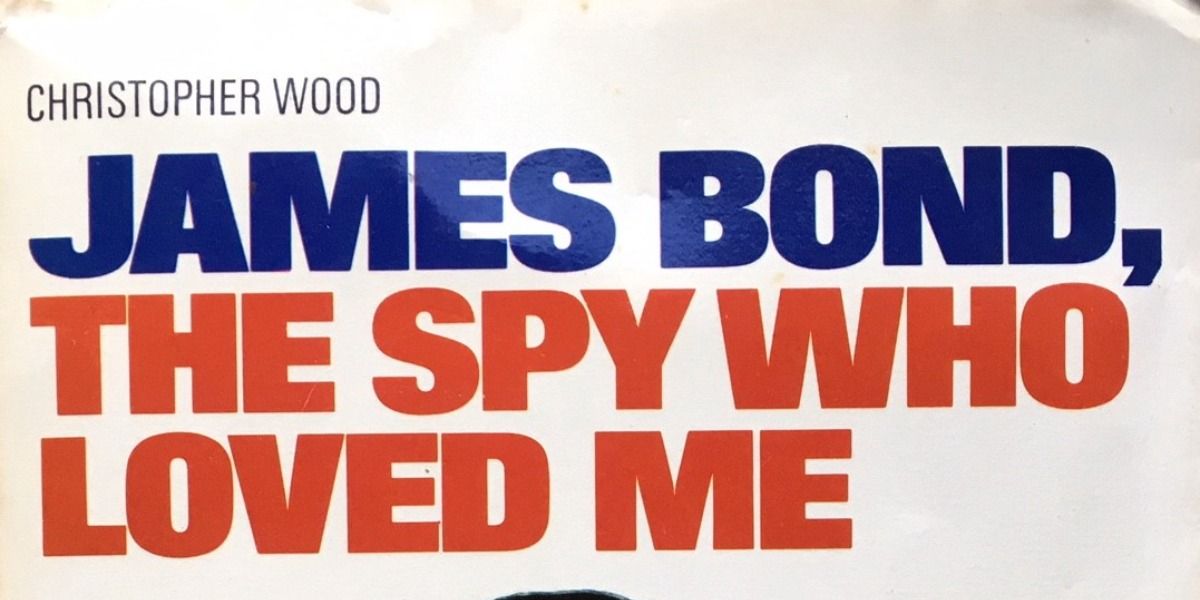
The film The Spy Who Loved Me had a tie-in novel that is an interesting read, to say the least. Rather than directly adapt the film, author/screenwriter Christopher Wood takes the plot of the movie and sets it in Fleming's universe.
Titled James Bond, The Spy Who Loved Me, Wood's adaptation is a darker take on the Roger Moore film that readers will get a lot more out of than Fleming's novel. Thankfully, Fleming's next novel was On Her Majesty's Secret Service, a book that won back many of his fans.
from ScreenRant - Feed https://ift.tt/3kdY05T

0 Comments